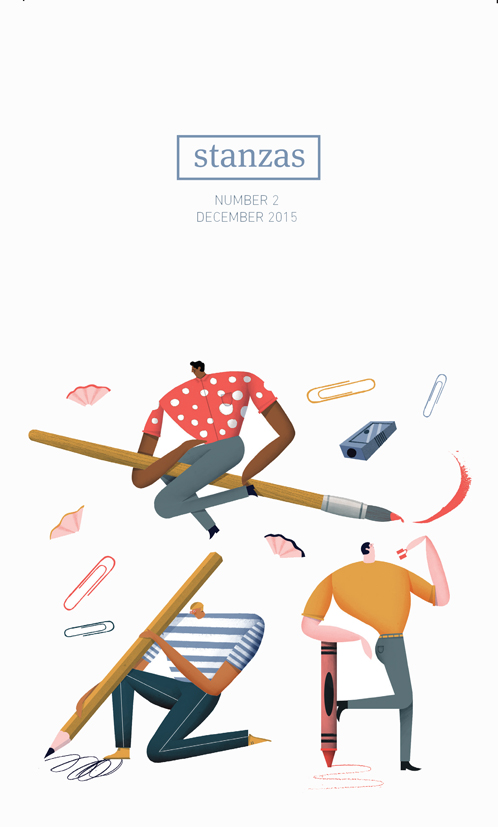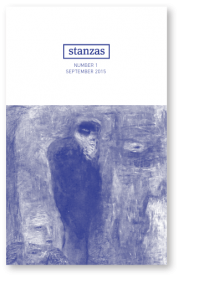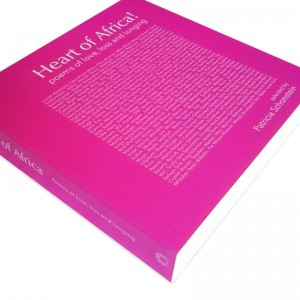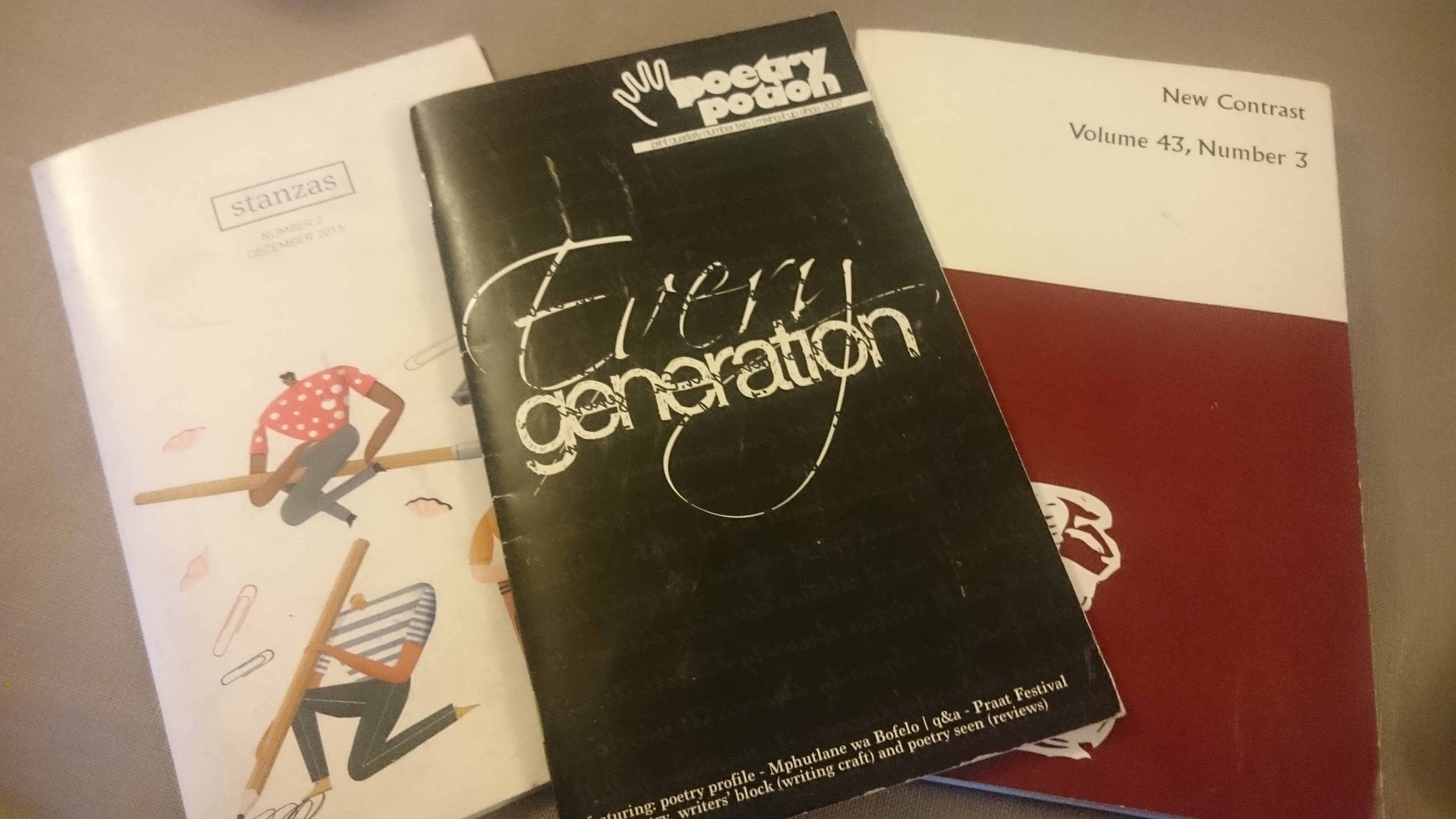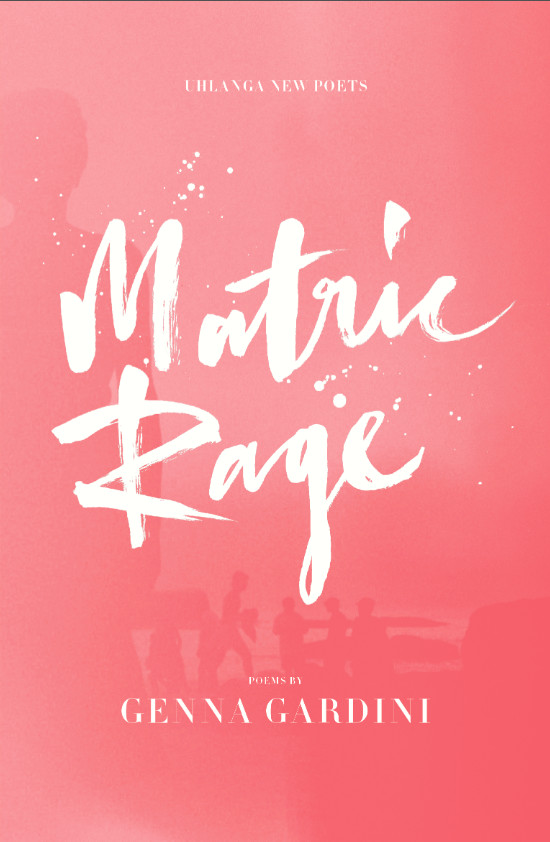“the understory of the literary ecosystem”: in conversation with Douglas Reid Skinner and Patricia Schonstein
-Interviewed by Claire Trévien–
Douglas Reid Skinner and Patricia Schonstein are the editors of new South African quarterly Stanzas.
Claire Trévien: Tell me about the origin of Stanzas, what made you decide to start it? And once you had the idea, how did you make it become reality?
Douglas Skinner: Prior to Stanzas, a similar, small poetry magazine called Carapace was published in Cape Town by the writer, Gus Ferguson. He retired and, last year, decided that, after 104 issues, it was time to stop publishing. This left a gap in our literary world. There are very few outlets for writers in South Africa. It seemed obvious to us that some sort of magazine was required to plug the gap.
Patricia Schonstein: Both of us had experience in publishing poetry and, after a fair bit of to-ing and fro-ing in London and Cape Town, we leaped in at the deep end. We’ve been joined by the graphic artist, Gaelen Pinnock, who takes care of design and layout. Stanzas is self-funding and relies on the donation of their time by the editors.
CT: How do you feel poetry magazines fit into the larger literary ecosystem – is this something you think about when you edit issues?
Patricia: Small poetry magazines and journals are the understory of the literary ecosystem and play a vital role in keeping people writing. Stanzas itself is the understory of our other poetry projects. These are the Africa! anthologies of Africa Sun Press, of which there are already three fat volumes, and the McGregor Poetry Festival Anthology, which comes out once a year to coincide with the Festival. We work closely with the Festival, and also with Off the Wall, a weekly live-poetry event in Cape Town. We are now venturing into publishing slim collections and have one in our stable already.
Douglas: Stanzas showcases previously unpublished work, whereas the anthologies have no such restriction. The magazine has included poets from Zimbabwe and Kenya, and we hope to cast our net ever wider as time passes.
CT: The magazine is very beautifully designed – how important are its aesthetics do you think?
Patricia: A consideration of aesthetics is integral. We decided on an elegant publication, with generous space and appealing covers. Each issue features an established or emerging artist’s work and we like this blend of art and poetry. We feature reviews as well, and translations so as to make a broad aesthetic of expression.
CT: You live on opposite sides of the world, how do you share out editorial duties? I’m imagining a lot of Skype calls!
Douglas: Not that many Skype calls, but lots of emails. By and large, I assess the material coming in, and edited our first issues. Patricia handles the actual publication and is more focused on the anthologies. Both of us get involved in proofing and in writing the editorial. As the magazine develops, we hope to add ‘contributing editors’ to the masthead.
Patricia: We work very well together, with the same deep appreciation and respect for poetry, and are happy to be contributing towards its growth, particularly in Africa.
CT: What are some of your favourite presses and publications, in South Africa and elsewhere?
Douglas: In South Africa, so many presses have come and gone… Ravan, Bateleur, Justified, Donker, Carrefour… the list goes on. Publishing poetry is always tricky because of the economics.
Overseas presses…New Directions in America and Angus & Robertson in Australia are emblematic, both crucial to the development of English poetry in those countries. Italy is full of small presses that make beautiful books.
Patricia: South African imprints and magazines… Deep South, Kwela, Modjaji, Incwadi, Litnet, New Coin, New Contrast, Prufrock… again, the list goes on.
CT: Your mission statement says that Stanzas publishes both established and aspirant poets; how easy is it to manage this balance?
Patricia: It’s vitally important that a small magazine reflects as wide a mix of voices as one can persuade to participate. ‘Established’ and ‘aspirant’ as tokens do not describe, necessarily, the quality of the poetry, nor is the process of learning a one-way street (or it shouldn’t be, or be seen to be). We feel that the established should never stop aspiring and the aspirant should never come to feel completely established.
Douglas: The new and the old always have something to tell one another. An unending humbleness before the whole tradition of the art, and the best poems of the English tradition, should always be uppermost in a writer’s mind. The great poems of the language are the established; everyone else is an aspirant.

